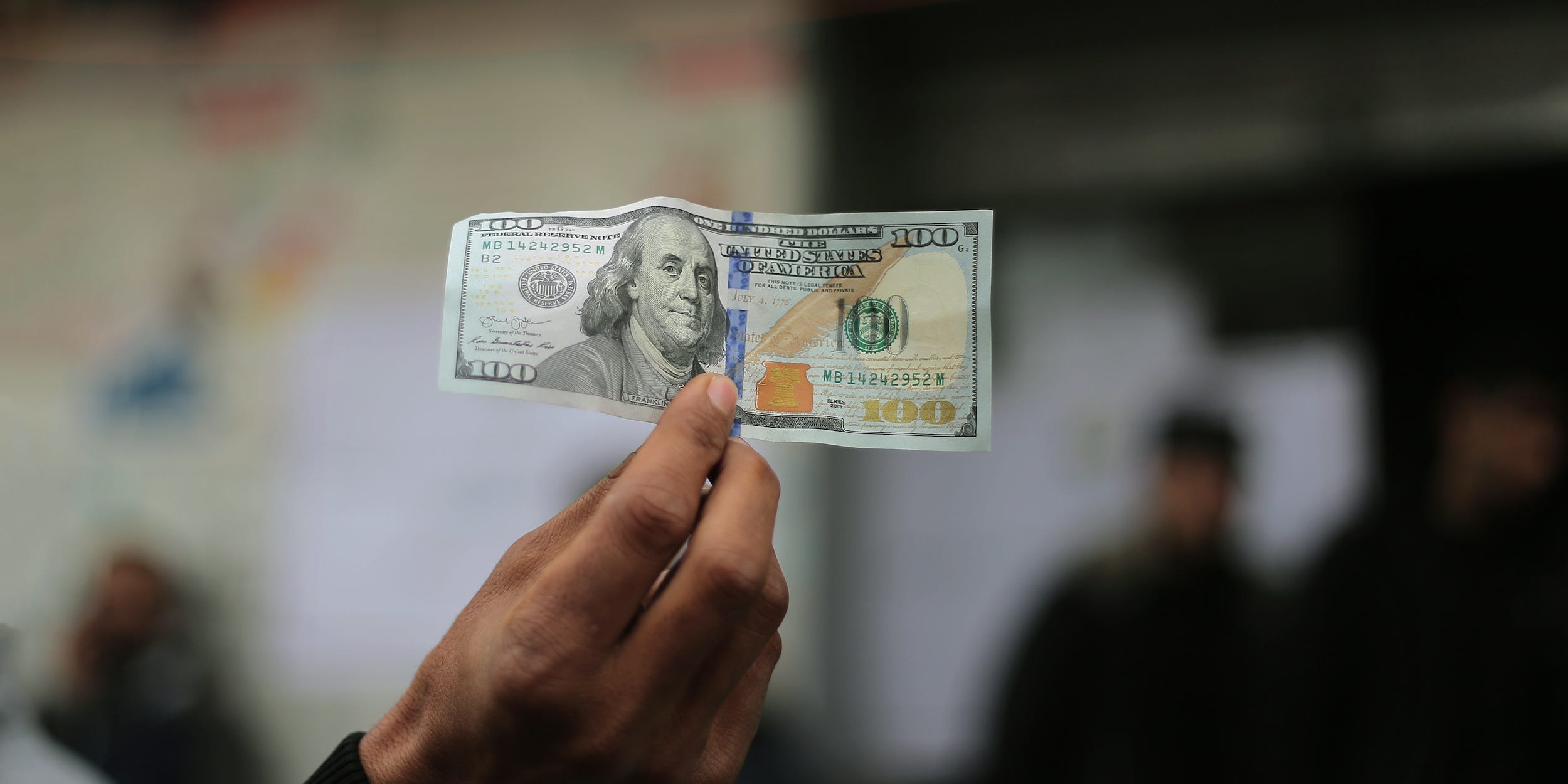
- A four-week average of share buybacks hit a record of nearly $2 billion, according to research from Bank of America.
- Wall Street may be on track for $900 billion of gross S&P 500 buybacks in 2021.
- But buybacks may slow down if companies put more cash into capital expenditures.
- See more stories on Insider's business page.
Share repurchases by corporations reached record highs in March, but buybacks may slow if companies decide to swing their cash into capital expenditures or if they adhere to tax regulations stemming from the government's stimulus efforts, said Bank of America.
The four-week average of repurchases by corporate clients hit record highs "after a big resurgence in buybacks this month" that put transactions at nearly $2 billion, said a team of equity and quant strategists led by Jill Carey Hall in a research note released Wednesday.
If corporate client buybacks continue at the pace of $21 billion year-to-date or more than $80 billion annualized, that would imply more than $900 billion of gross S&P 500 buybacks in 2021, the strategists said. It said it based that figure on a roughly 9% average share of S&P buybacks over the last five years.
"This would be above 2018's peak $800 billion levels and nearly double 2020's depressed $500 billion levels, suggesting upside risk to our forecast for no net EPS impact from buybacks to the S&P," BofA said.
Recent repurchases have been prominent in the tech sector, with near-record buybacks in each of the last six weeks.
However, the strong pace of overall stock repurchases "may not persist if cash deployment priorities shift more toward capex, which investors want and where corporates have underinvested," said BofA. It referenced its Fund Managers Survey issued March 16 that showed "investors now want capex" and not buybacks or debt reduction.
"We see multiple tailwinds for capex including the cyclical rebound, a potential infrastructure bill and US re-shoring," or relocations by companies back in the US, Carey Hall said.
President Joe Biden is set later Wednesday to unveil a $2 trillion infrastructure bill that's expected to focus on investments including in roads, bridges, and broadband.
"What else can curtail buybacks? Payback for stimulus (i.e., higher taxes) which could cost 5-10% EPS growth," said BofA.
Biden is expected to propose that his eight-year infrastructure plan be paid for with tax hikes on corporations. Earlier this month, Biden signed off on a $1.9 trillion fiscal stimulus package.
BofA said single-stock corporate buybacks in tech last week hit roughly $1.61 billion. March was a relatively rough month for large-cap tech shares as investors rotated from the high-flying group and into small-cap and cyclical shares. The rotation has been stoked in part by the vaccination of millions of Americans that's been leading more businesses to resume normal operations.
BofA said it's starting to see a pickup in buybacks in other sectors including consumer discretionary, health care and financials. The Federal Reserve said last week that as of June 30 it will lift share buyback and dividend-payout restrictions on banks that pass stress tests. The Fed last year imposed the restrictions as a way to safeguard the financial system in the face of the COVID-19 pandemic.
Last week, corporate buybacks reached $143 million for consumer discretionary stocks and $119 million in health care shares, BofA data shows.